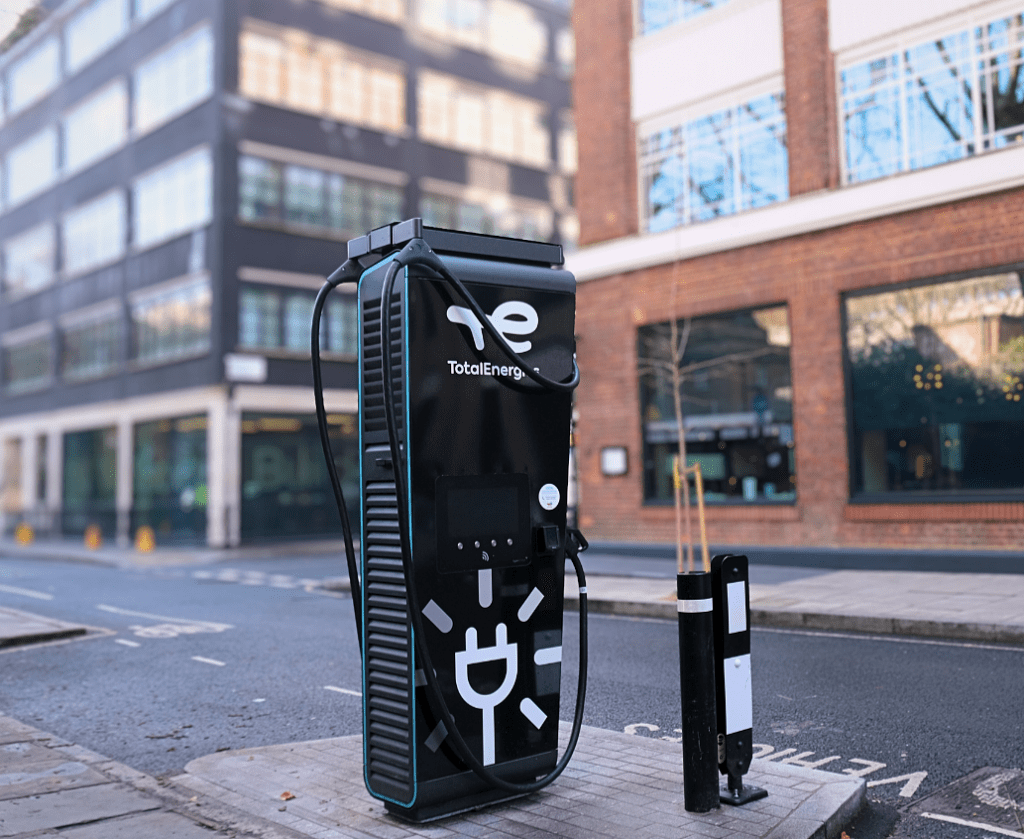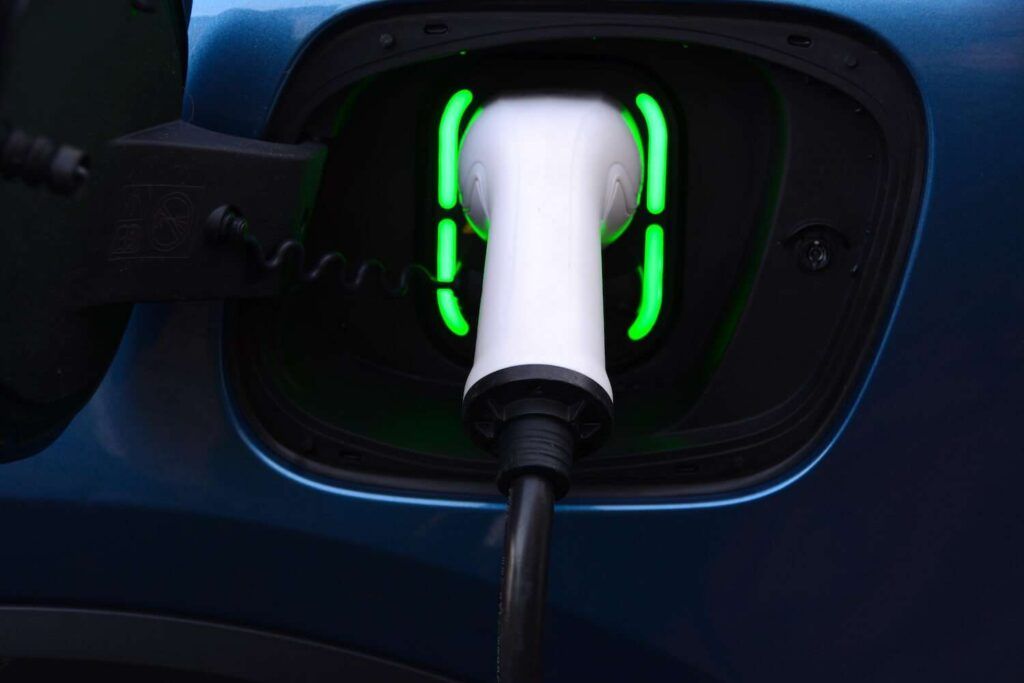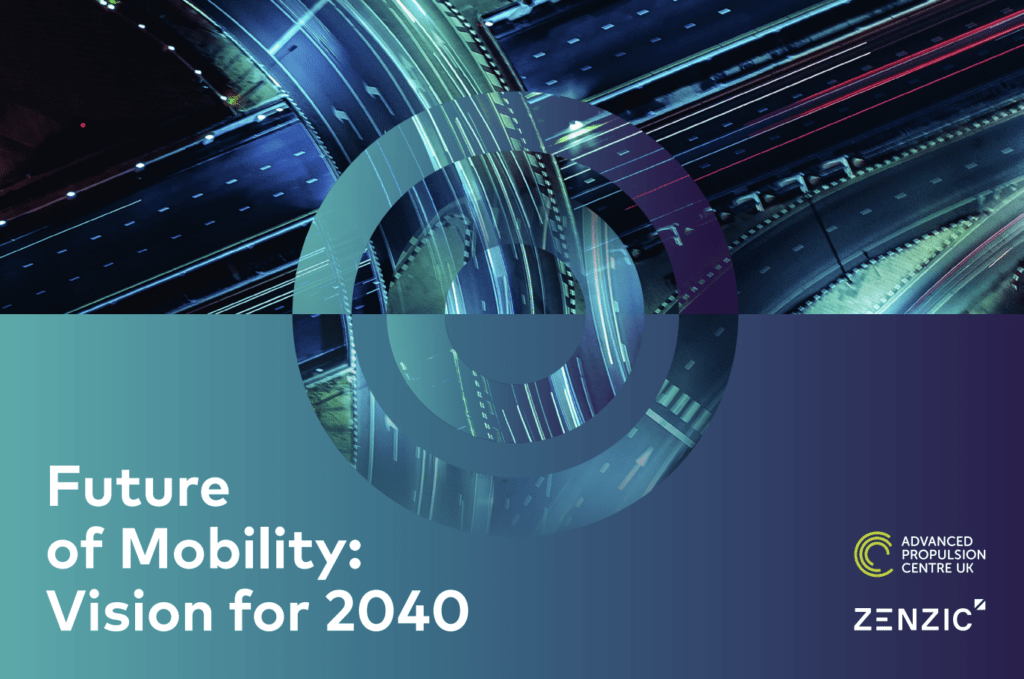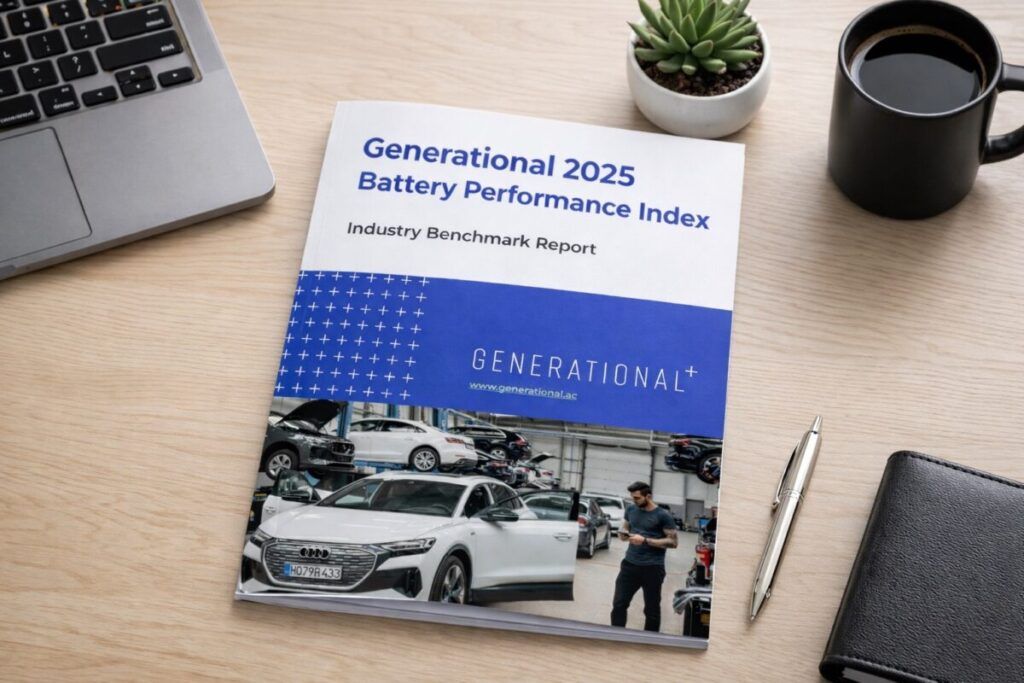Energy research institute Centre for Net Zero has conducted a trial revealing dynamic pricing incentives increase public electric vehicle (EV) charging – during periods of abundant renewable electricity.
Working in partnership with charging network Electroverse, the randomised control trial (RCT), Batteries on Wheels: Incentivising Smart Electric Vehicle Charging Demand in Public Settings, evaluated responses among 110,000 drivers across Britain to national ‘plunge price’ events.
A 40% price reduction at participating charge points led to a 117% increase in EV charging volumes across the whole charging network. A smaller 15% discount still increased charging demand by 30%.
By passing on cheaper wholesale electricity prices, EV drivers without access to private charging at home were able to benefit from running costs that are cheaper than petrol cars, it found.
The trial successfully debunked the assumption that public charging was based on driving habits, rather than price being a factor.
The study also found a greater response from lower-income areas, suggesting they may benefit more from flexibility events. Regional variations were also found, with the North and East of England seeing the most significant increase in charging volumes, with cities showing the greatest responsiveness to price signals.
CNZ make recommendations following the analysis, including electricity market reform to maximise benefits to drivers and the grid, lowering charge point costs through VAT equalisation, and expanding charging infrastructure.
In addition, it called for addressing dynamic network standing charges, smart charging and bidirectional charging innovation, through EVs acting as mobile batteries absorbing and deploying energy based on grid demands.
Lucy Yu, CEO of Centre for Net Zero, said:
“We’re entering the consumer era of energy, where behaviours matter as much as infrastructure. Passing on grid savings to motorists in this way helps bring down their vehicle running costs and supports system stability.
“These findings offer a future where our vehicles can be a powerful tool that interacts with the grid, and can be charged smartly with cleaner, cheaper energy. In the future, emerging innovations such as vehicle-to-grid technology could supercharge these benefits for both consumers and the grid.”
Professor Robert Metcalfe, Chief Economist at Centre for Net Zero and Professor at Columbia University School of International and Public Affairs, said:
“Smart EV charging offers a win-win for energy and transport. The data is clear: drivers respond to price signals, and even small changes in public charging costs can help consumers unlock major system benefits.
“While private charging has trialled dynamic pricing before, we have taken this innovation to the streets, producing the first research of its kind and showing a pathway to cleaner, more affordable driving infrastructure.”
Matt Davies, Director of Electroverse, said:
“This trial is another powerful proof point of the transformative impact renewables can have when combined with cutting-edge tech.
“Price signals have unlocked dramatically cheaper bills in home energy – and it’s time to do the same for public charging. By allowing drivers to make the most of green energy when it’s abundant, we can lower costs for millions of people who rely on public charging spots on streets, at car parks and at workplaces – making clean, affordable electric driving accessible to all.”
Image from CNZ












